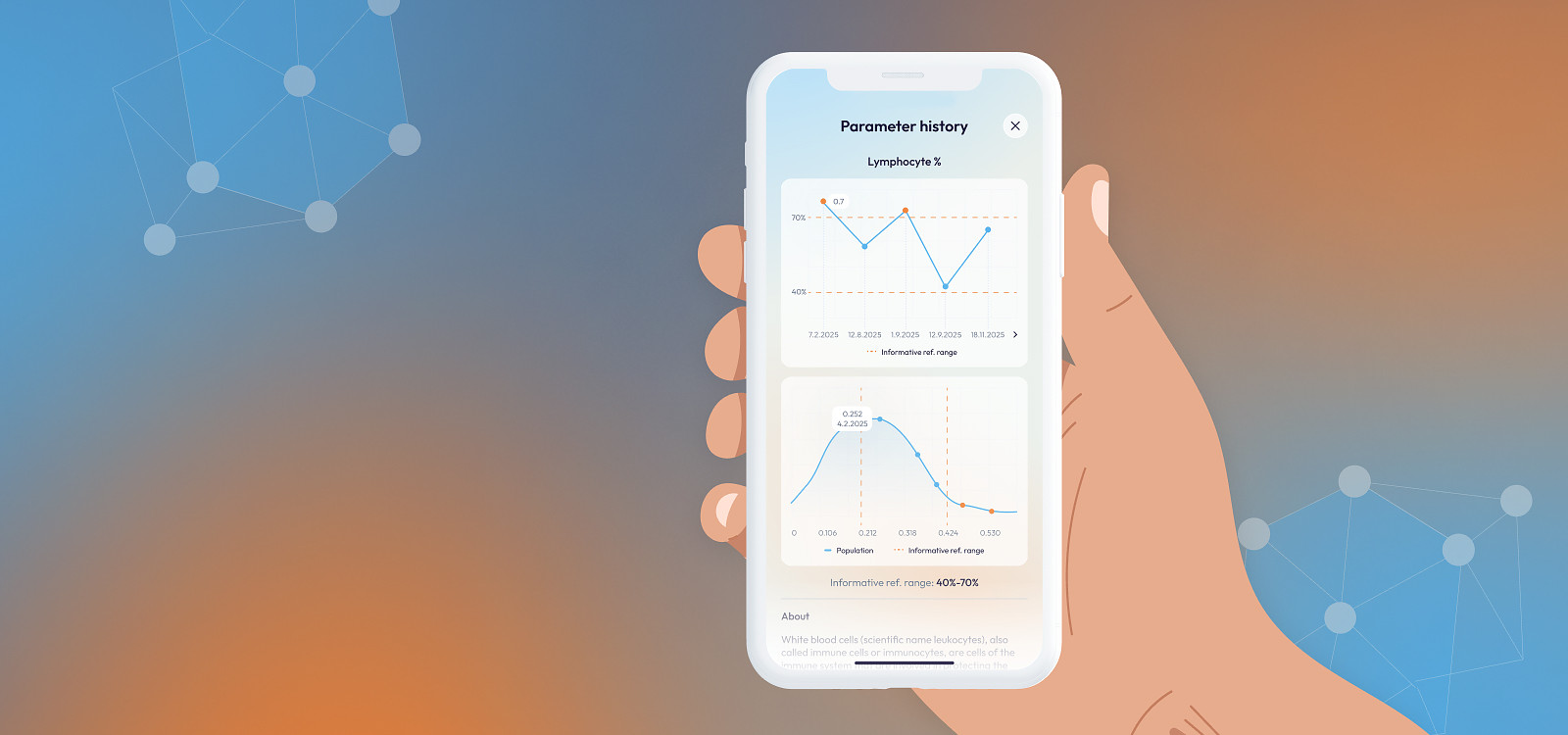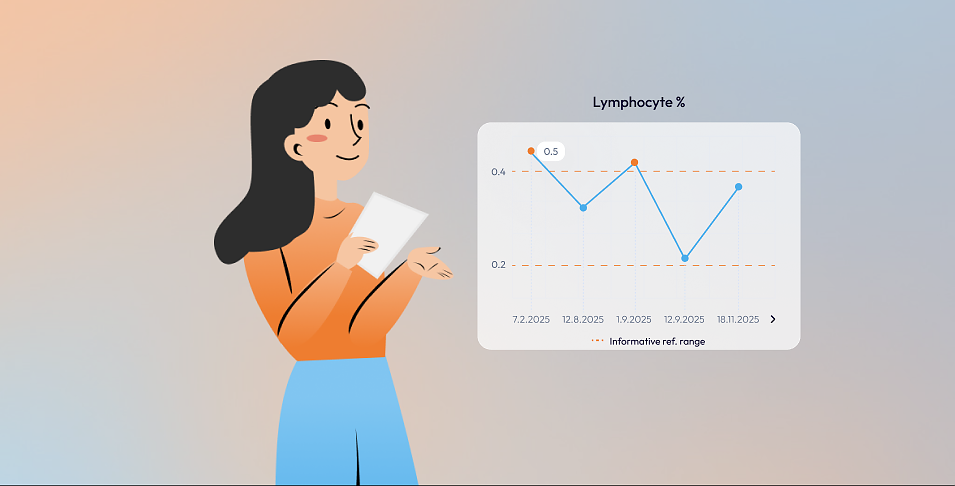Parameter Tuesday: CHOLESTEROL
Cholesterol is a waxy substance that your body actually needs. Yes, you read that right. Cholesterol is a substance needed to build your cells' membranes and manufacture vitamins and hormones like testosterone and oestrogen. However, too much cholesterol can cause problems.
Around 80% of the cholesterol in your body is produced by your liver, while the rest comes from dietary sources. More precisely, dietary cholesterol comes from animal sources like meat, eggs, fish, or cheese. The cholesterol from food is absorbed in the small intestine, metabolized and stored in the liver. The liver then secretes stored cholesterol when your body needs it. However, when there is too much cholesterol in your blood, it can combine with other substances to form deposits called plaque. Plaque sticks to the insides of your arteries, and this build up can narrow or even completely block your arteries. This increases the risk of coronary heart disease.
Cholesterol is transported through your body attached to proteins. Cholesterol and protein together form lipoprotein. There are two types of cholesterol: high-density lipoprotein (HDL) and low-density lipoprotein (LDL). LDL cholesterol is often referred to as the “bad” cholesterol because it is the cholesterol that builds up in the arteries and increases the risk of heart disease. You can find LDL cholesterol mostly in fast and fried foods, and in foods from animals like meat, cheese and butter. On the other hand, HDL cholesterol, or the “good” cholesterol removes the LDL cholesterol from arteries and takes it to the liver to be removed from the body. HDL cholesterol is believed to lower the risk of heart disease.
Hypercholesterolemia or high cholesterol levels is usually connected to an unhealthy lifestyle. Eating mainly processed, deep-fried foods, baked goods, meat and dairy products, combined with drinking alcohol, smoking, and not getting any physical activity are the most common reasons for elevated cholesterol levels. High cholesterol levels can, however, be connected to genetics or certain medications. Older and overweight people also tend to have higher cholesterol values.
Hypocholesterolemia or low cholesterol levels are pretty rare. Low LDL cholesterol or low total cholesterol levels are associated with anxiety and depression, haemorrhagic stroke, or cancer.






